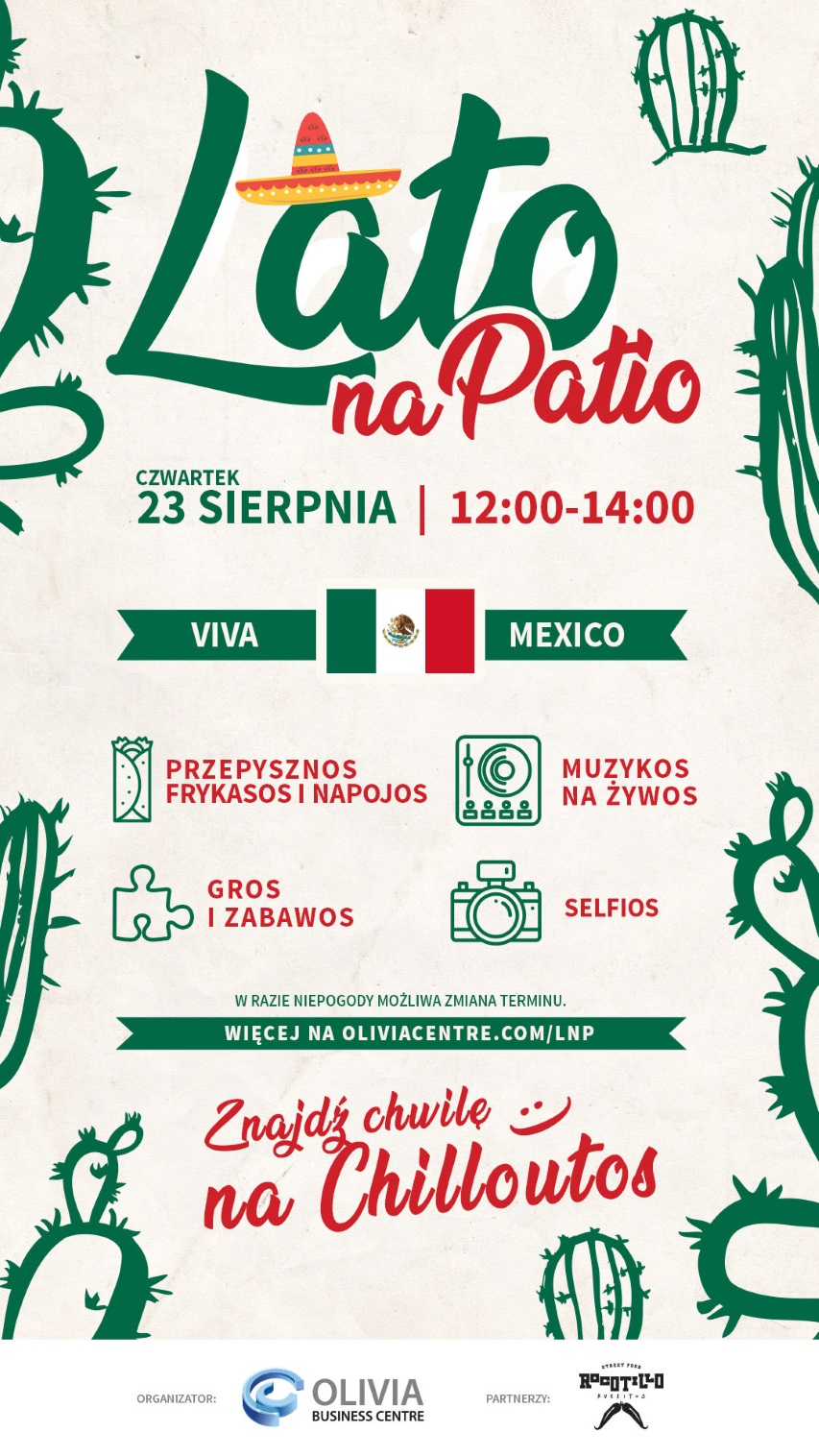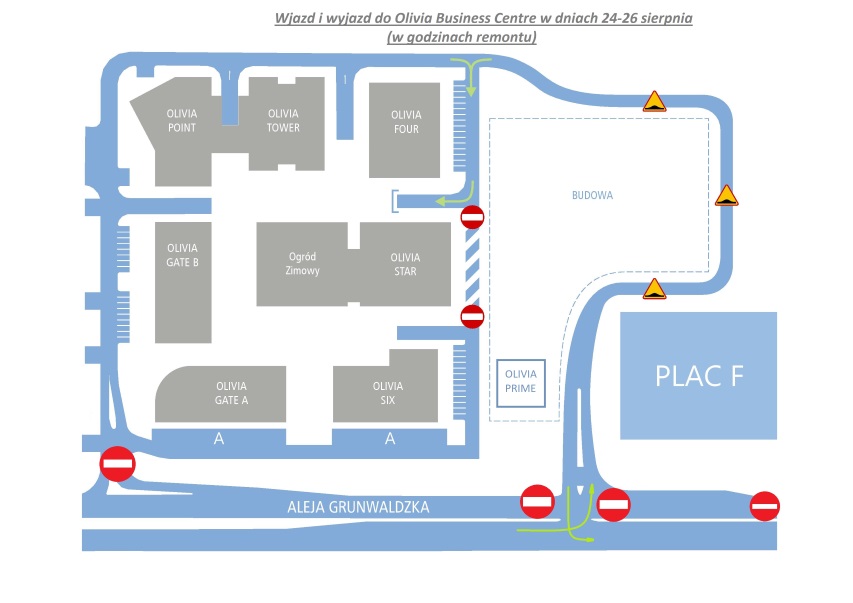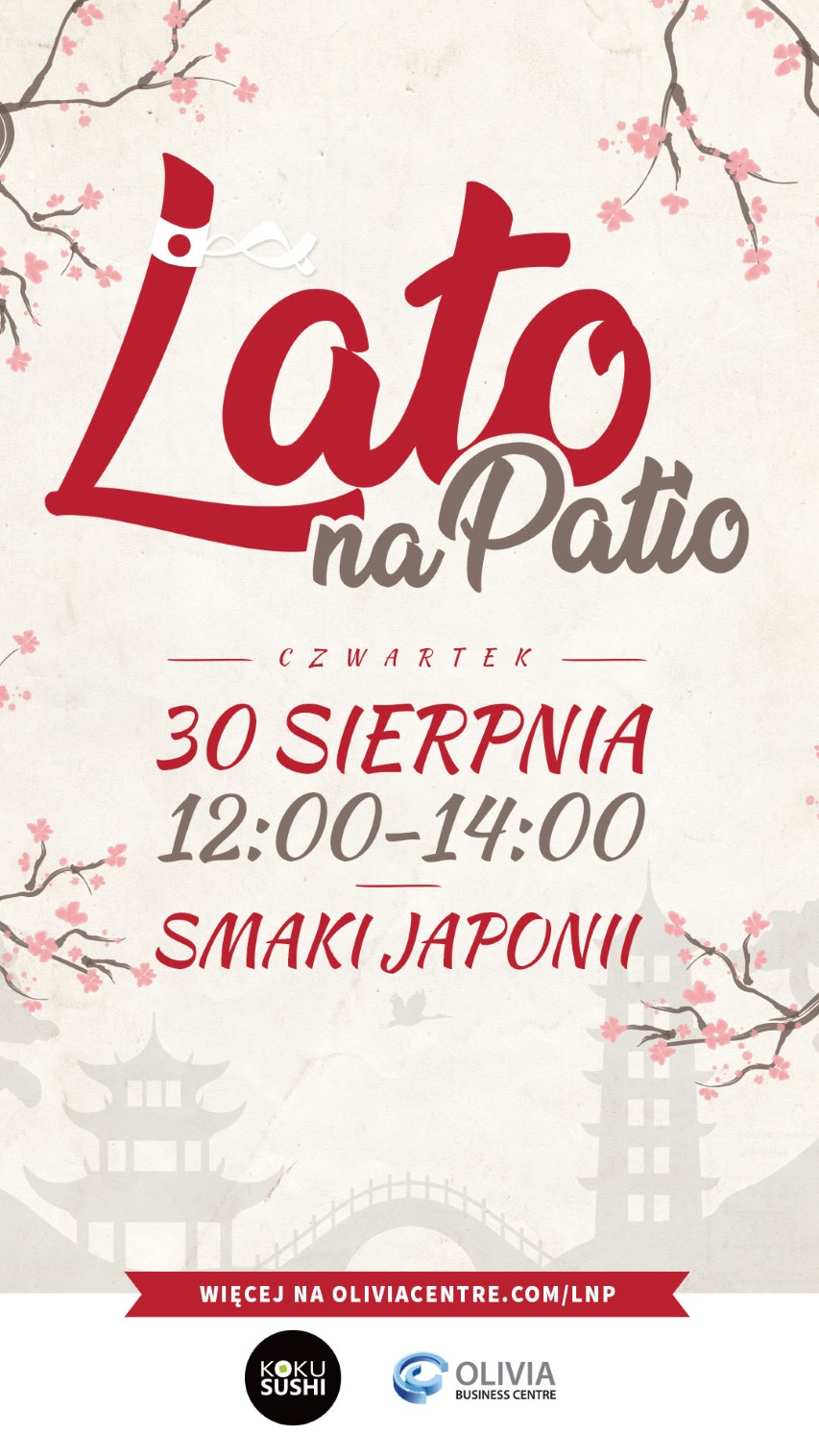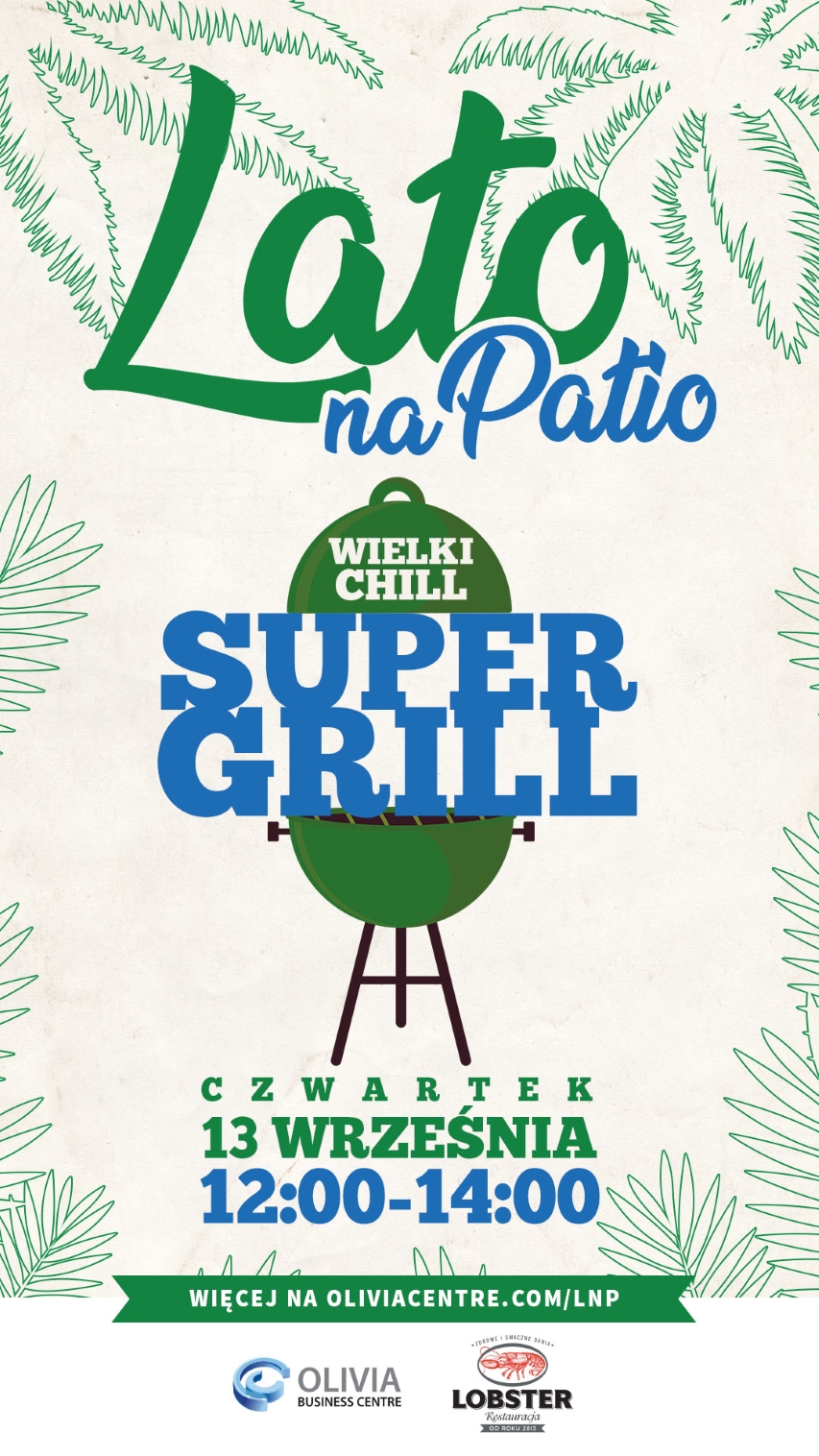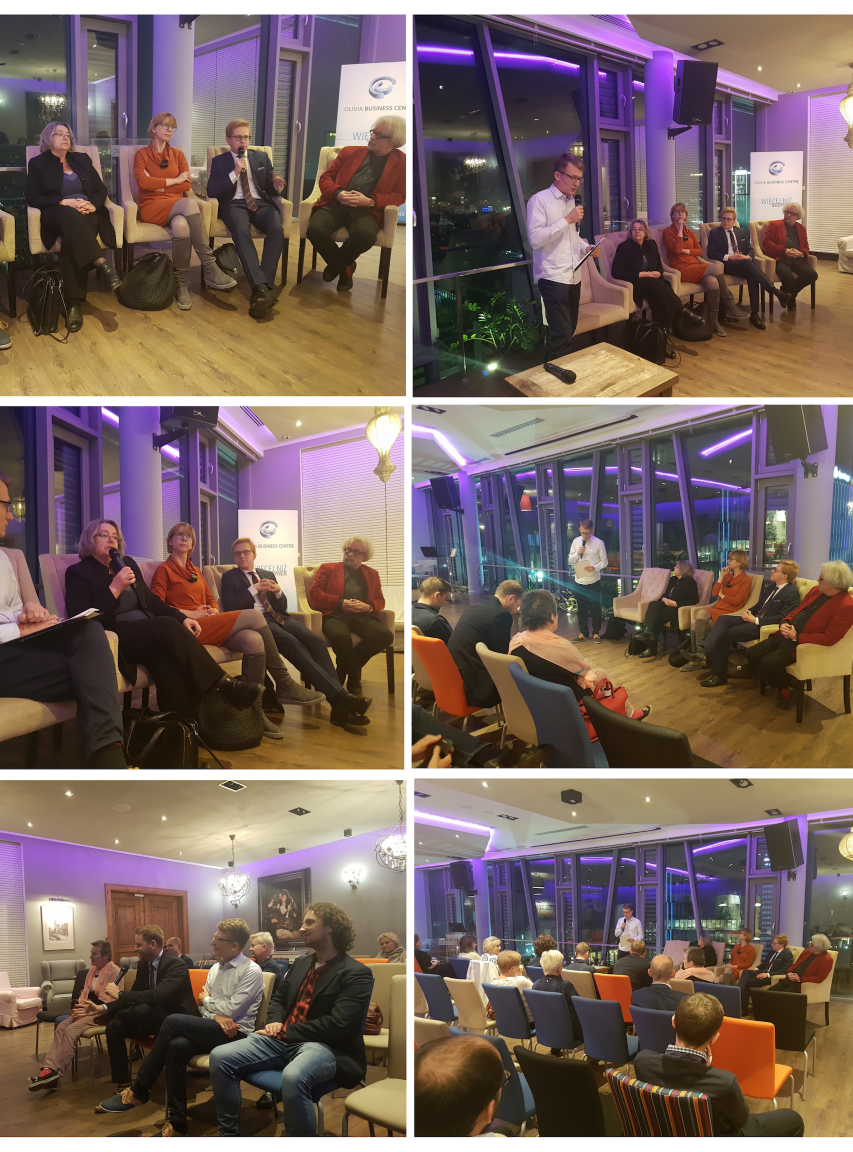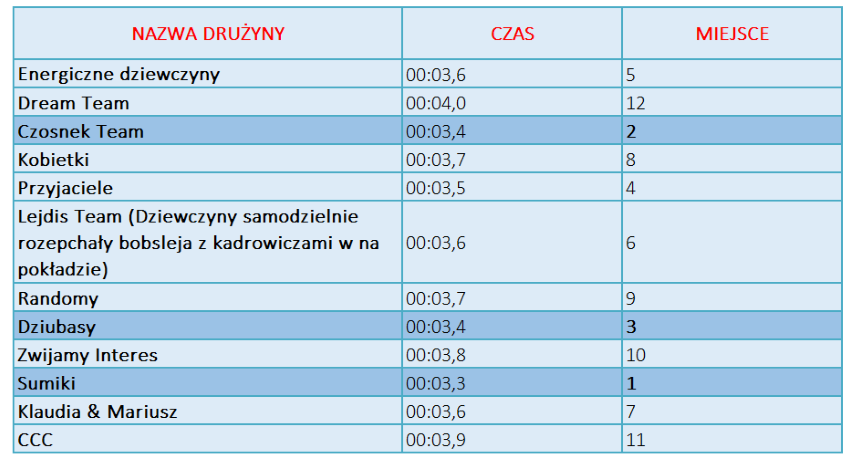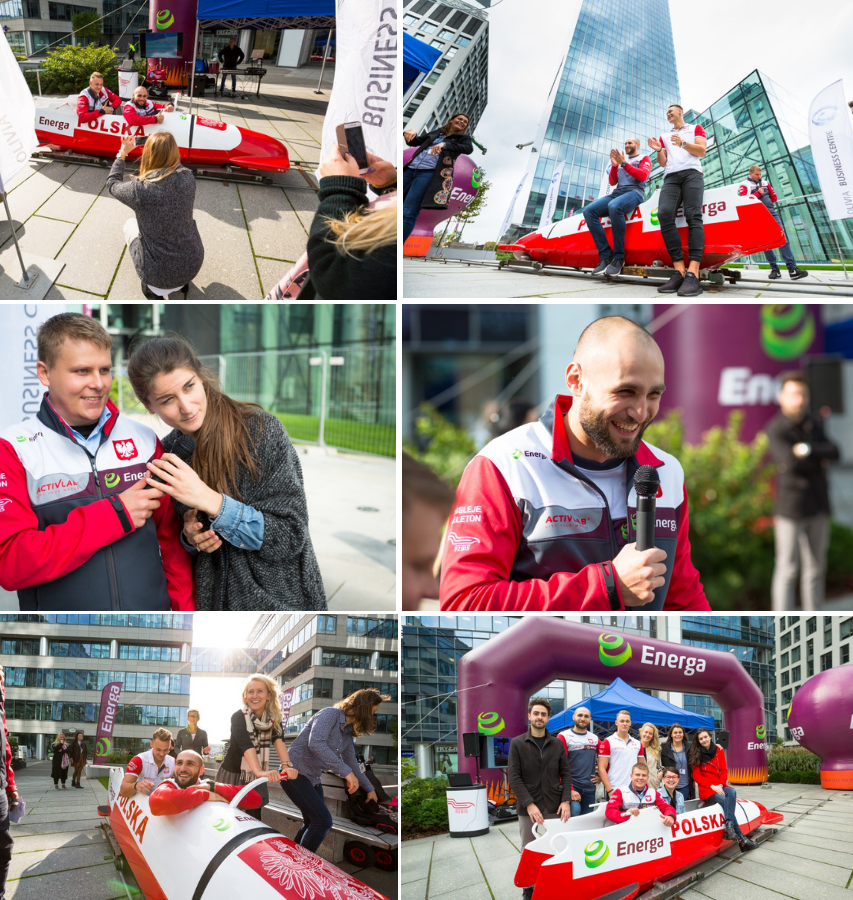We relax on Olivia’s patio once again:). This time in Mexican climates.
? We meet on Thursday, 23 August, at 12:00, to:
? Taste something Mexican (beloved burritos, enchiladas, guacamole, quesadillas, salsa, tacos, tortillas…). Of course, the delicacies are prepared for you by Rocotillo. As always, if you decide to participate in the games, the delicacies for you will be at a promotional price:)
? Rock to the rhythm of Mexican rhythms, DJ and live music guaranteed!
? Have a little fun at our mini-stands with games and activities. Lifting the veil of secrecy… There will be a vote of “La habichuela” and “Buritto” and, of course, a photo under the slogan “What a Mexico!”. Be sure to post photos from LnP on Instagram from #latonapatio:)
Below are some Mexican tidbits… Did you know that…
- Mexico’s northern border, that of the United States, is the second longest border in the world? The first place is occupied by the US-Canada border.
- There are as many as 160 museums in Mexico City. No other city in the world can boast such a huge number of them.
- The official language of Mexico is Spanish. However, in addition to him, we can hear more than 60 others in this country!
- The capital of Mexico was created on the area of a large lake, which for the last 200 years has been literally… drunk.
- Voladores, or sky dance, is one of the most spectacular traditional Mexican religious rites in honor of the Sun, most likely originating from the Totonac culture, living near the city of Papantla located in the eastern part of Mexico in the state of Veracruz. In 2009, the ritual was inscribed by UNESCO on the list of the Intangible Heritage of Humanity.
- Thanks to Mexico, the world got to know the taste of chocolate, corn and chili.
- Tomatoes are native to Mexico. Eng. “Tomato” or Spanish. “tomate” comes from Nahuatl (Aztec language) from the word TOMATL
- Most of us associate Mexico with the ancient Mayan and Aztec civilizations. It turns out, however, that these tribes were not the first great civilization of Mexico. Before them, the Olmecs lived in these lands, creating colossal stone heads and worshipping a god who was half man and half jaguar.
- In Acolman, a great Piñata Festival is held in December, which is to commemorate that the prototype of today’s piñata was created here.
- Mexico boasts a very rare species of rabbit. It is called the volcanic rabbit. This term is not accidental. The home of volcanic rabbits are the extremely numerous volcanoes in Mexico.
- When Hernan Cortez began his conquest of Mexico in 1519, he probably did not realize that the Aztecs recognized him as the incarnation of the god of prophecy. So they treated him to a divine drink, that is, hot chocolate.
- The pyramid of Chichen Itza, a remnant of the Mayan civilization, was declared one of the new Seven Wonders of the World on July 7, 2007. In 1988 it was inscribed on the UNESCO World Heritage List.
Meanwhile, just before August 23rd…. IT’S GREAT THAT WE’RE TOGETHER:)
